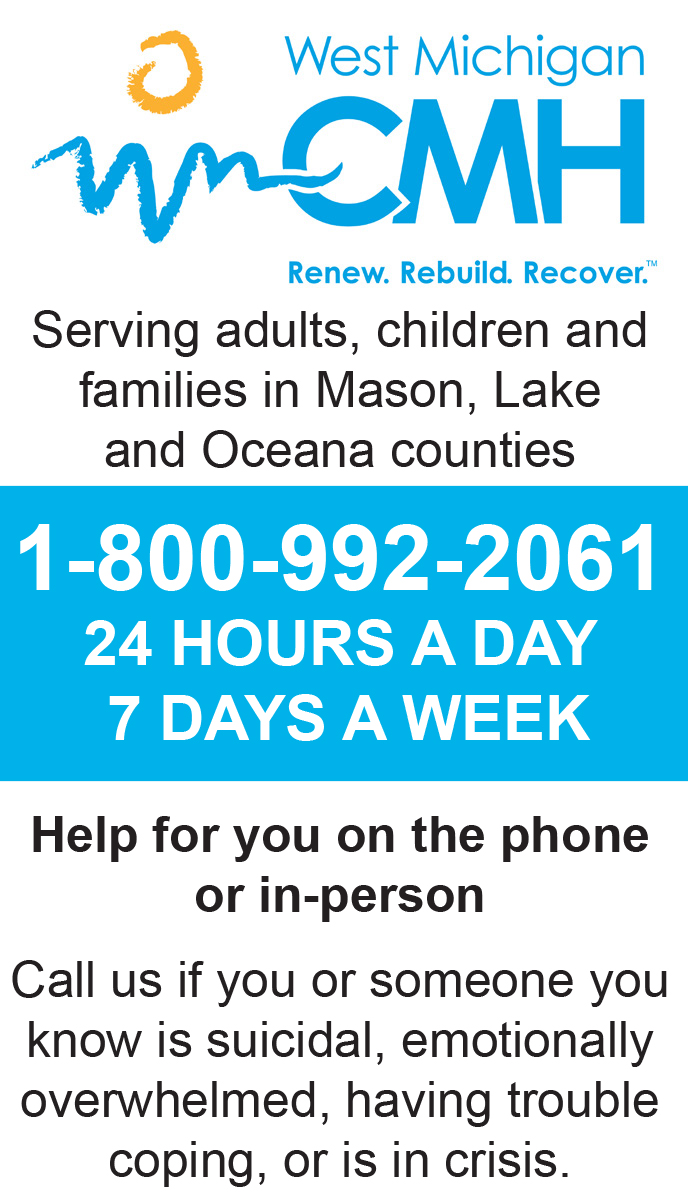HART — Spring break is the time of the year when many Michigan residents choose to travel to tropical destinations. Unfortunately, this year, many of the foreign places favored by sun seekers are also those areas that are affected by the Zika virus, states a press release from the District Health Department #10.
Because of the potential link between Zika and birth defects, the local health department is urging pregnant women in any trimester to reconsider traveling to those areas. Anyone traveling to an affected area is urged to take precautions against mosquito bites.
The Zika virus is spread primarily by the bite of an infected Aedes species mosquito. The disease has not been found in mosquitoes in the United States, but has been found in Puerto Rico, Mexico and much of Central and South America.
The most common symptoms of Zika are mild and may include a fever, rash, joint pain, and red itchy eyes. These symptoms usually last just a few days. The virus can also be spread sexually from infected men. Most people who get the virus will never experience any symptoms. Currently, no vaccine is available for the Zika virus.
Health department officials encourage women who are pregnant or planning to become pregnant to consider postponing their trips. Anyone who has traveled to one of these areas and experiences symptoms either while on the trip or within about a week of being home should contact their doctor.
The Centers for Disease Control and Prevention (CDC) recommends using mosquito repellents that contain DEET or other EPA-approved repellents. Use only as directed and reapply often. Dress in long, loose, and light-colored clothes while outside, especially during the day. The mosquito that spreads Zika is an aggressive day biter. Travelers going to an affected area can further protect themselves by choosing lodging with air conditioning or screens to keep mosquitoes out and by staying indoors during daylight hours.
More information about Zika is available at www.cdc.gov/zika/ or www.dhd10.org.




























 (1).gif)



















.png)









